The Pennsylvania departments of Health (DOH) and Education (PDE) today provided school administrators and governing bodies with recommendations as to which instructional models they should consider implementing based on the changing levels of community transmission of COVID-19 in their counties. These recommendations are intended to help schools safely provide instruction to students as they progress through the 2020-21 academic year.
The recommendations rely on two standard public health metrics used by public health experts: incidence rate and the percent positivityof diagnostic testing. The metrics are available for every county in Pennsylvania on the DOH COVID-19 Early Warning Monitoring System Dashboard.
“We remain committed to helping our school leaders make thoughtful decisions about the 2020-21 school year, while helping Pennsylvania stem the tide of COVID-19 infections in our communities,” said Secretary of Health Dr. Rachel Levine. “From the beginning of this pandemic, we have said that decisions would be based on science and on data. These recommendations use that data to help schools make local decisions.”
Based on this public health data and threshold measurements from the federal Coronavirus Task Force, the planning tool designates each county as having a low, medium or substantial risk of community transmission. In turn, those designations align to recommended instructional models, including fully in-person, fully remote, or blended/hybrid models.
The metrics and designations will help school communities make decisions throughout the school year and determine if, and when, they should transition instructional models as conditions related to the pandemic continue to fluctuate. A safe return to in-person instruction will look different across every school, district and county depending on a variety of local factors.
While a county’s corresponding threshold may change week by week, DOH and PDE recommend that schools consider changing instructional models only after observing two consecutive weeks of the same designation. For example, a school offering a blended/hybrid model in a county identified as “moderate” might consider transitioning to a fully in-person model if the county moves to “low” for two consecutive weeks. It is important to note that a significant or widespread outbreak may require moving to a more remote-based model more quickly. The Department of Health will provide proactive consultative assistance to school entities should such an outbreak occur.
The designations are posted on PDE’s website and will be updated weekly.
“Since unveiling initial public health guidance for schools earlier in the summer, both the departments of Education and Health have engaged with superintendents and other education leaders regarding their questions and concerns,” Deputy Secretary for Elementary and Secondary Education Matthew Stem said. “With the continued uncertainty and varying infection rates across the state, school leaders have asked for additional guidance to help them make decisions about reopening schools.
“This tool responds to those requests by aligning public health conditions in counties directly to recommendations for the delivery of instruction.”
These recommendations are not a mandate, but rather, are meant to be an additional tool available to school leaders to inform local efforts. Regardless of the instructional model being implemented, all schools must continue to account for the universal masking order dated July 1.
In June, at the conclusion of the 2019-20 school year, PDE issued its first piece of reopening guidance to local education agencies (school districts, charter schools, career and technology centers, and intermediate units) to help school leaders prepare for the return to school. Since that time, PDE has issued additional tools, including commissioned research prepared by Mathematica, school-related public health best practices, and resources for students and staff wellness.
In July, the departments jointly issued guidance to schools, including endorsed best public health practices related to social distancing, face coverings, hand hygiene, and cleaning and disinfecting in school settings.
The departments also provided an initial series of frequently asked questions about the recommendations.
Audio of the presentation is available on the PAcast website.








